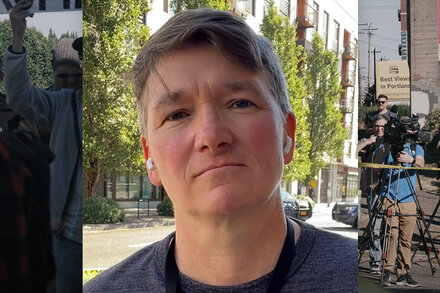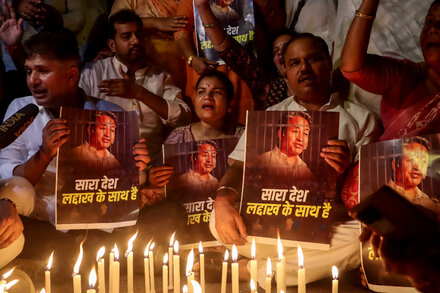
A federal appeals court is set to hear arguments concerning the legality of deploying federal agents to Portland, Oregon, during a period of intense protests in the summer of 2020. The case revisits a contentious episode that sparked a national debate over federal intervention in local civil unrest and the balance of power between state and federal authorities.
The dispute originated when the Trump administration deployed personnel, including agents from the Department of Homeland Security and U.S. Marshals, to Portland. The stated purpose was to protect federal property, such as the Mark O. Hatfield U.S. Courthouse, which had become a focal point of demonstrations following the killing of George Floyd. However, the deployment quickly drew criticism from Oregon state officials, civil liberties groups, and local residents who accused the federal government of overreach and exacerbating tensions.
Oregon’s Attorney General filed a lawsuit challenging the deployment, arguing that federal agents were unlawfully arresting protesters without probable cause, using excessive force, and operating without proper identification or local consent. The lawsuit contended that these actions violated constitutional rights and infringed upon the state’s sovereignty to manage its own public safety.
Legal Arguments Before the Court
Attorneys for the federal government are expected to reiterate their position that the deployment was a necessary measure to quell violence, protect federal assets, and restore order when local authorities were perceived as unable or unwilling to do so effectively. They are likely to cite statutes granting federal agencies authority to protect government property and personnel.
Conversely, legal teams representing Oregon and civil rights organizations will likely emphasize the lack of coordination with local law enforcement, the use of unmarked vehicles and agents, and the broad scope of federal operations that extended beyond mere property protection. Arguments are anticipated to focus on whether the federal actions violated the Tenth Amendment, which reserves powers not delegated to the federal government to the states, and the First and Fourth Amendments, pertaining to free speech and protection against unreasonable searches and seizures.
The appeals court’s review will scrutinize the lower court’s previous rulings and interpretations of federal authority versus states’ rights in situations of domestic unrest. The outcome could set significant precedents for future federal responses to protests and demonstrations across the country.
Implications of the Decision
A ruling in favor of Oregon could impose stricter limits on the executive branch’s ability to unilaterally deploy federal law enforcement to states without explicit invitations or specific legal authorizations. Conversely, a decision affirming the federal government’s broad authority might embolden future administrations to intervene more directly in local affairs perceived as national security or public order threats.
The case is being closely watched by legal scholars, civil liberties advocates, and state government officials who are eager for clarity on the constitutional boundaries governing federal intervention during periods of civil unrest.
Source: Read the original article here.





